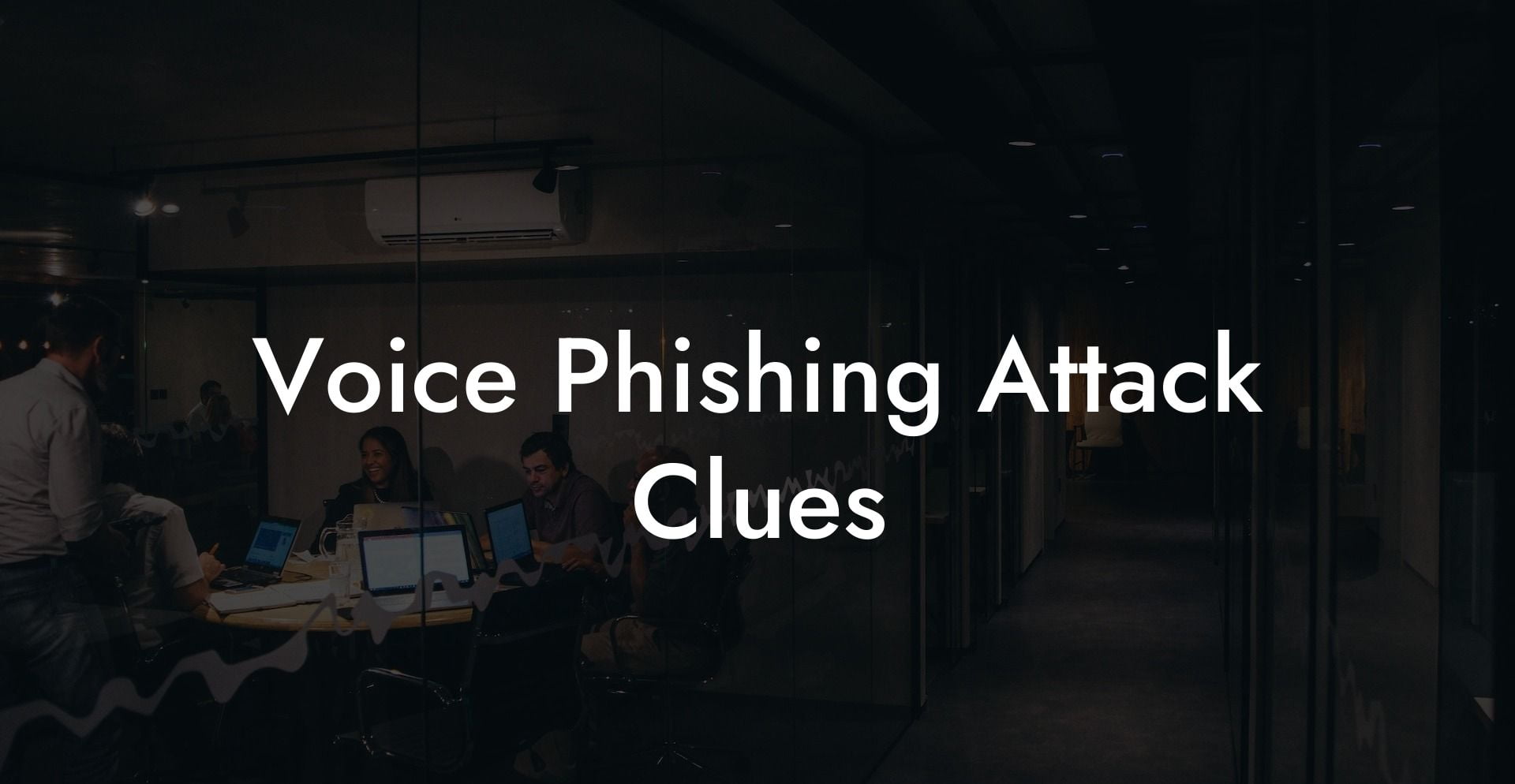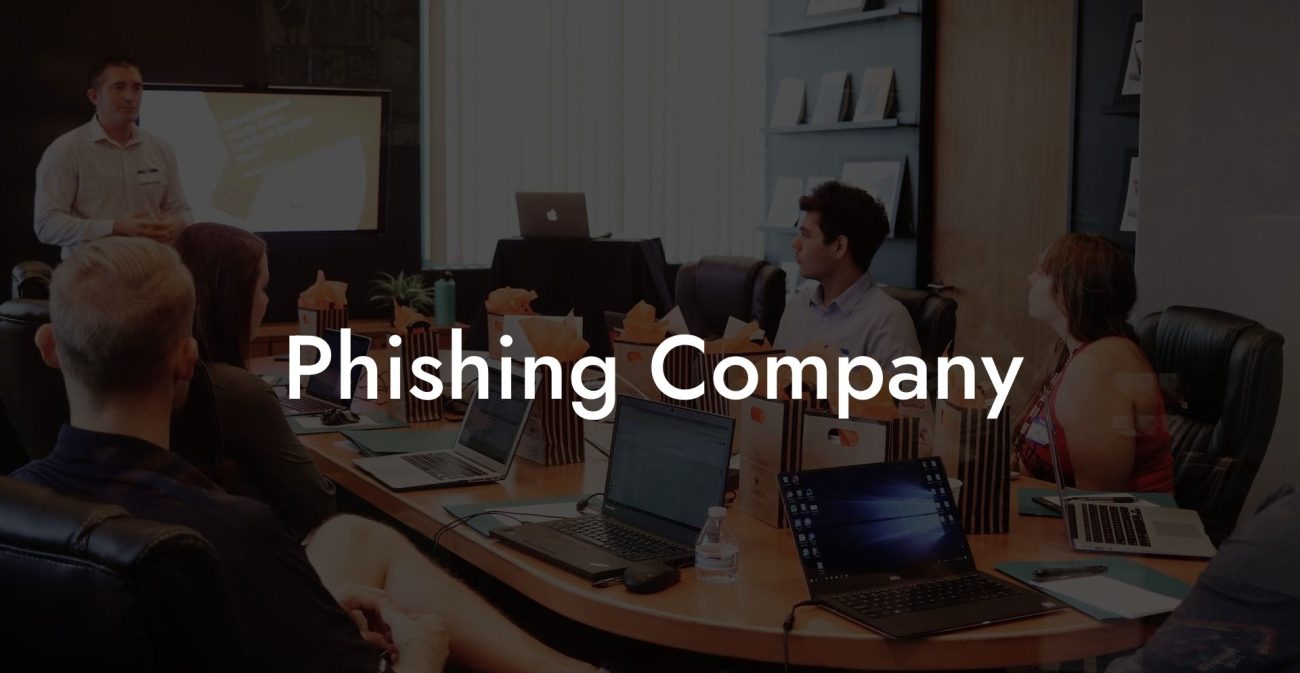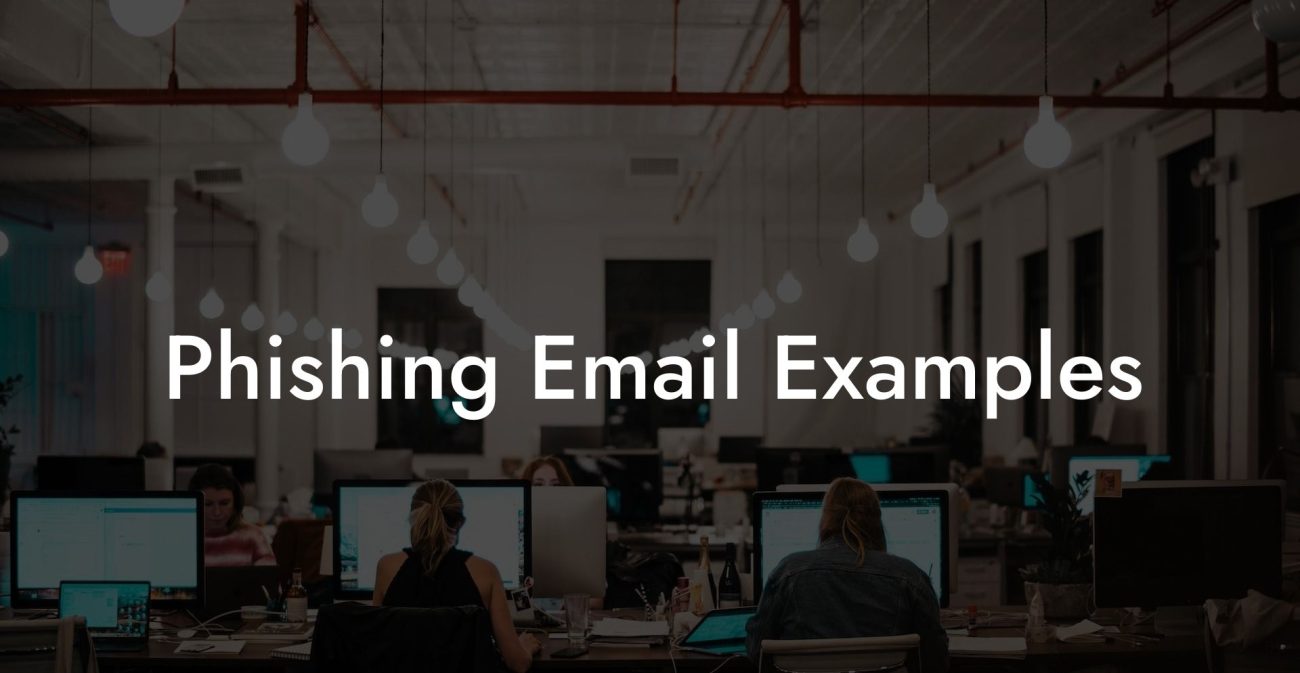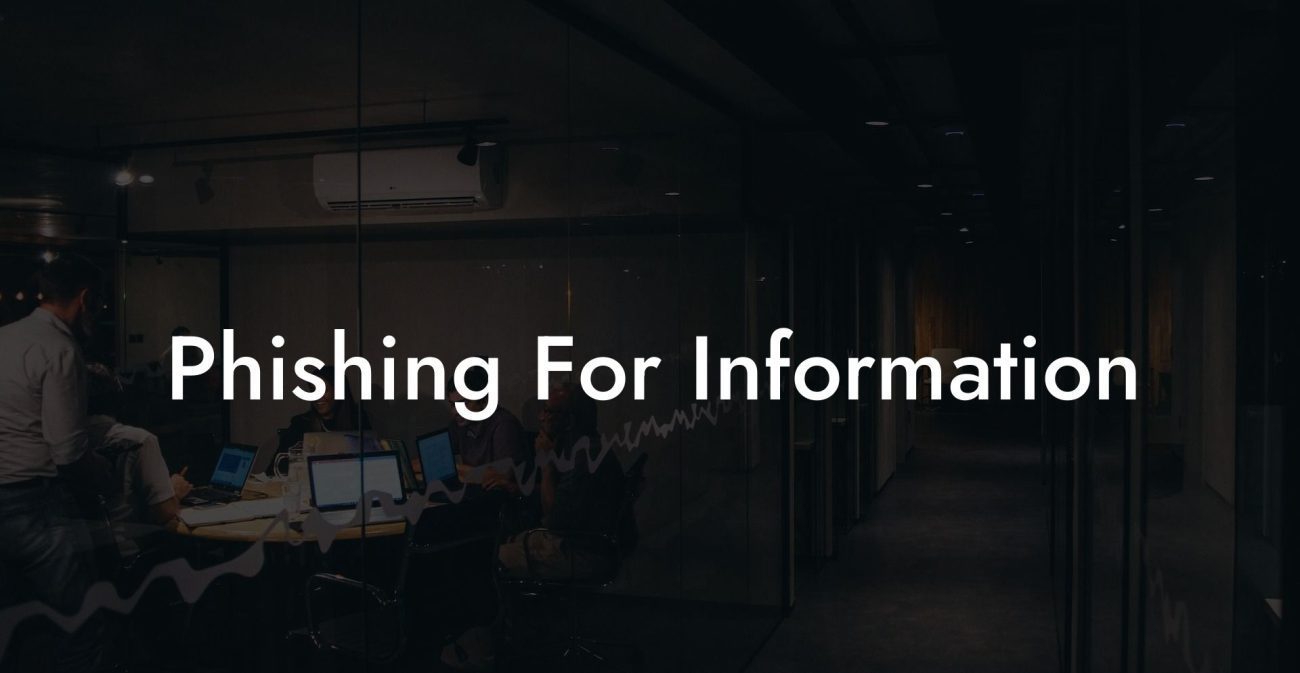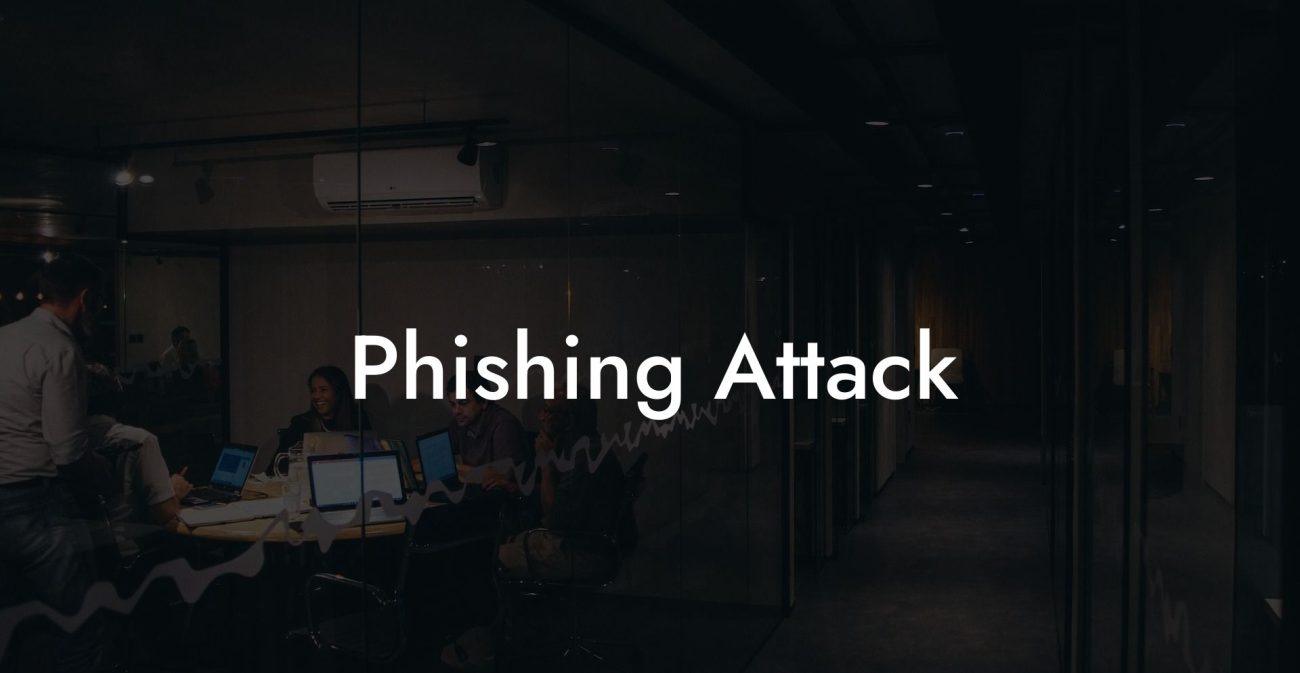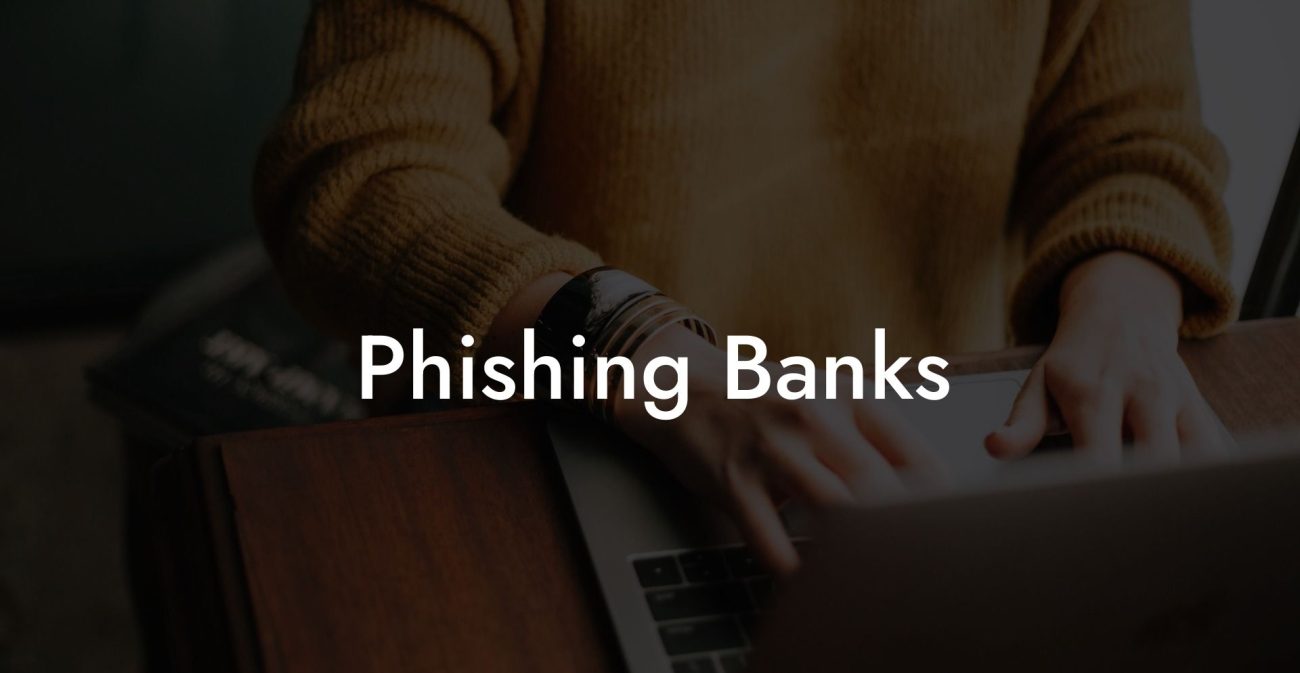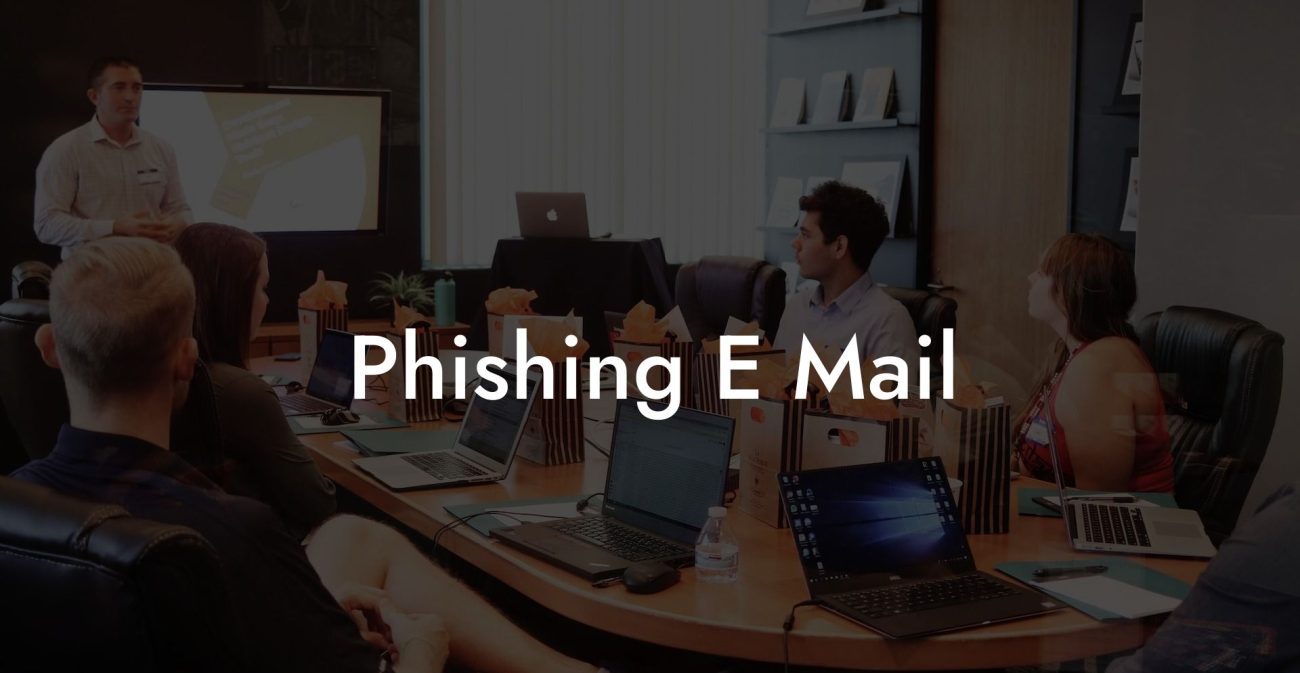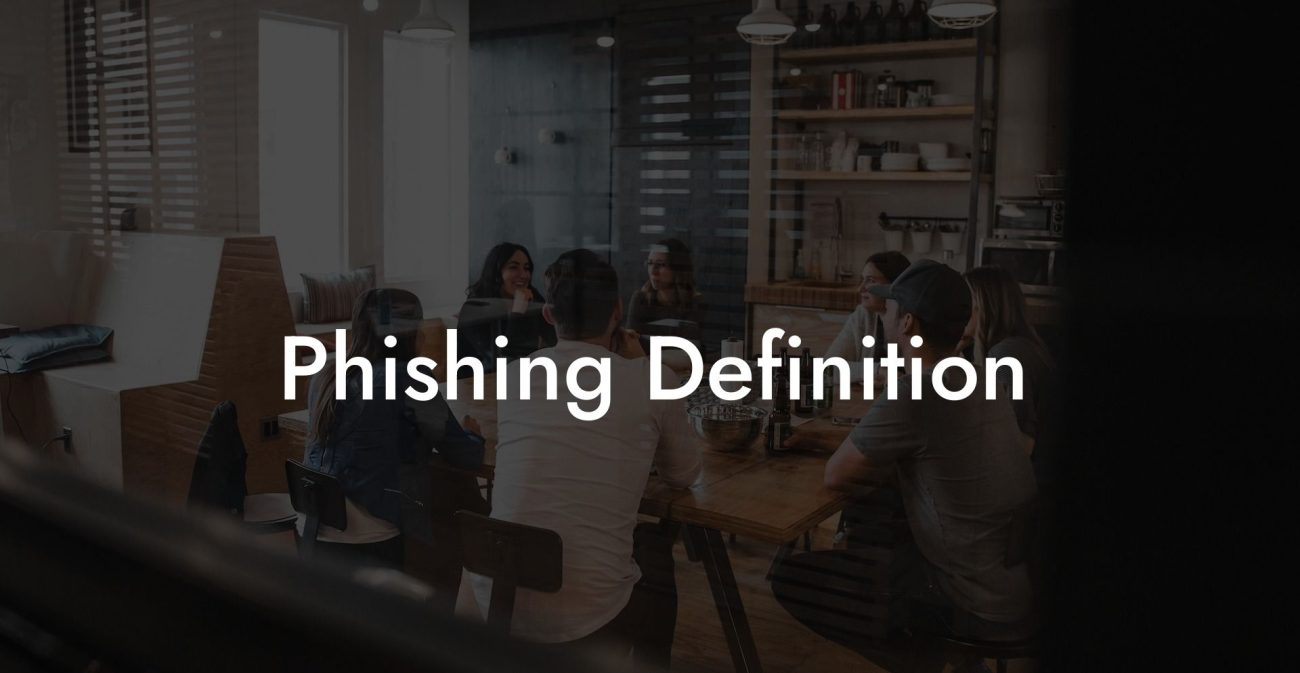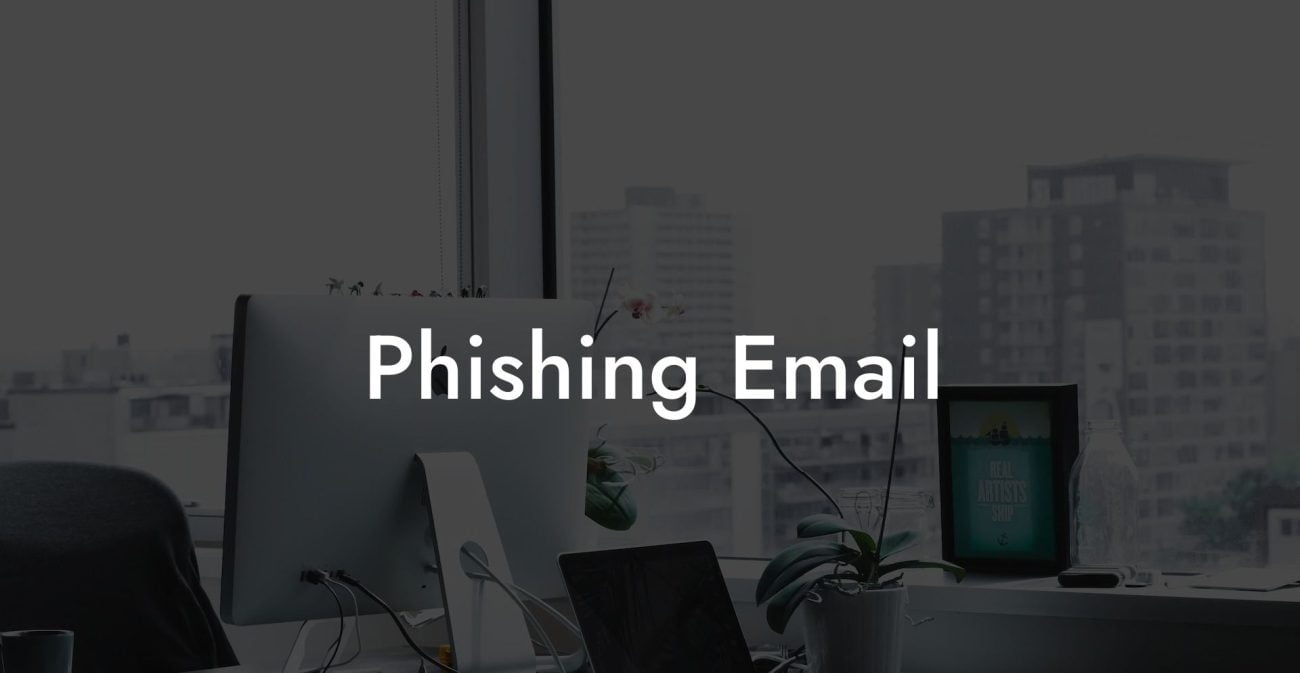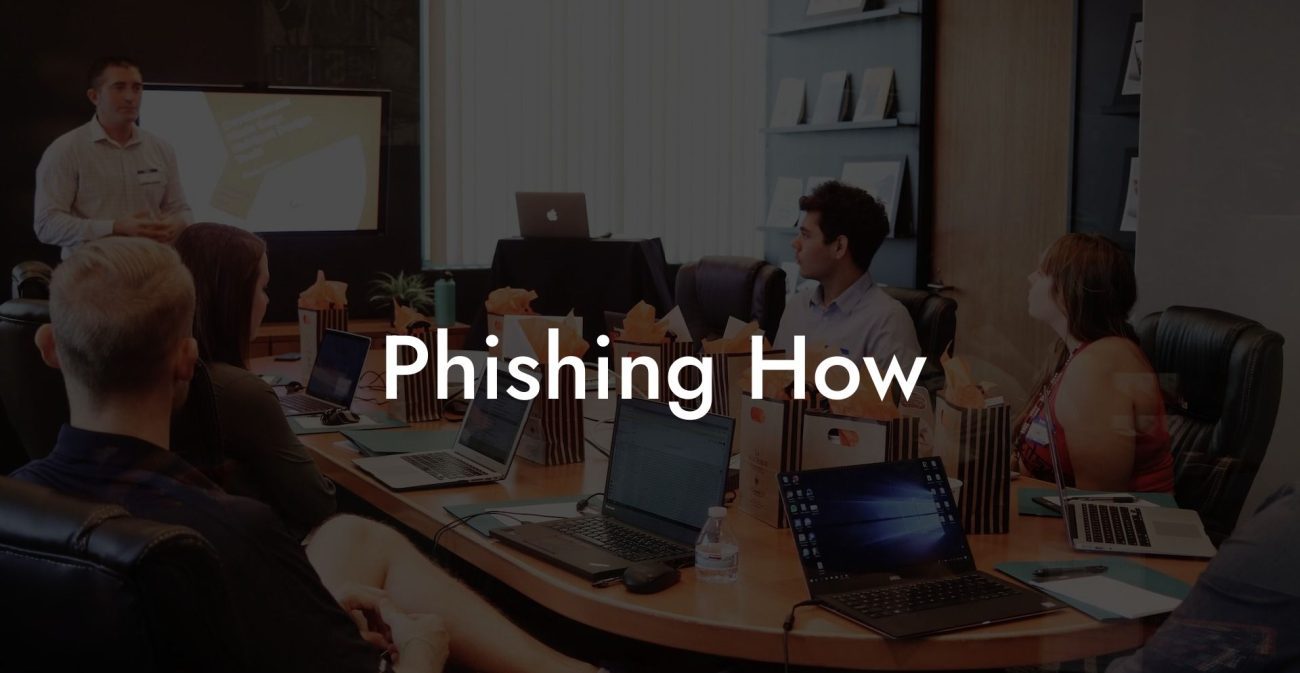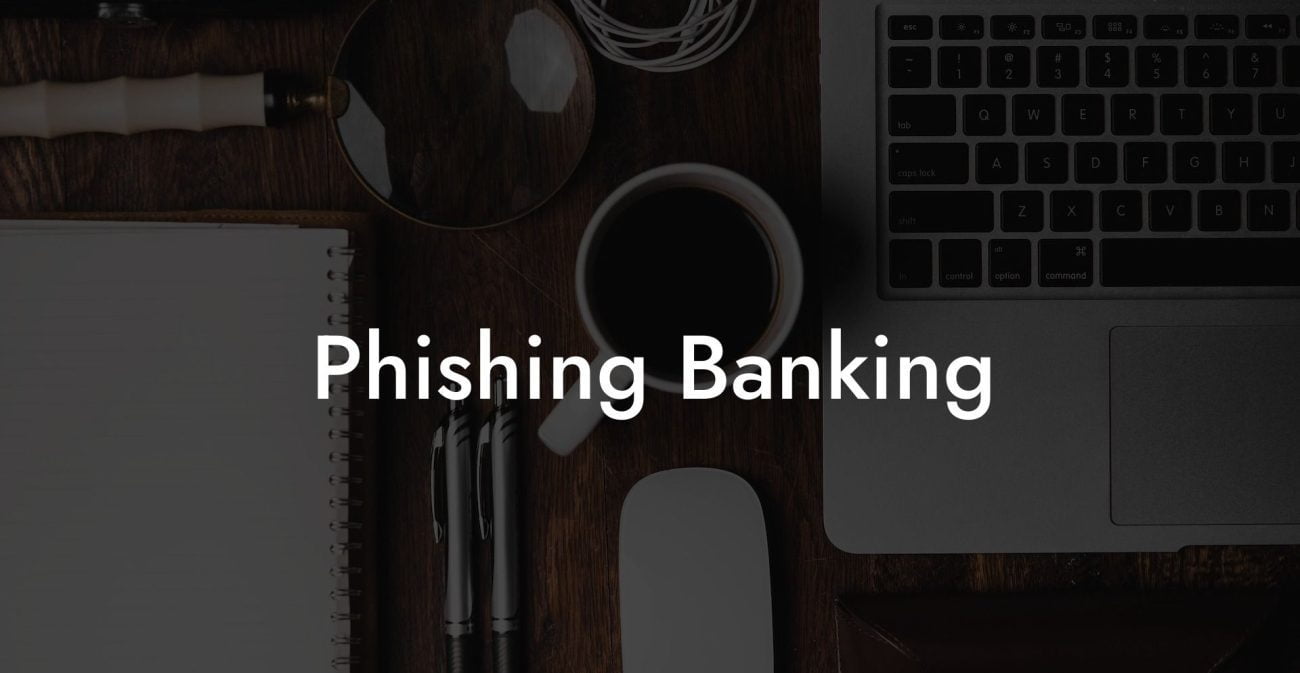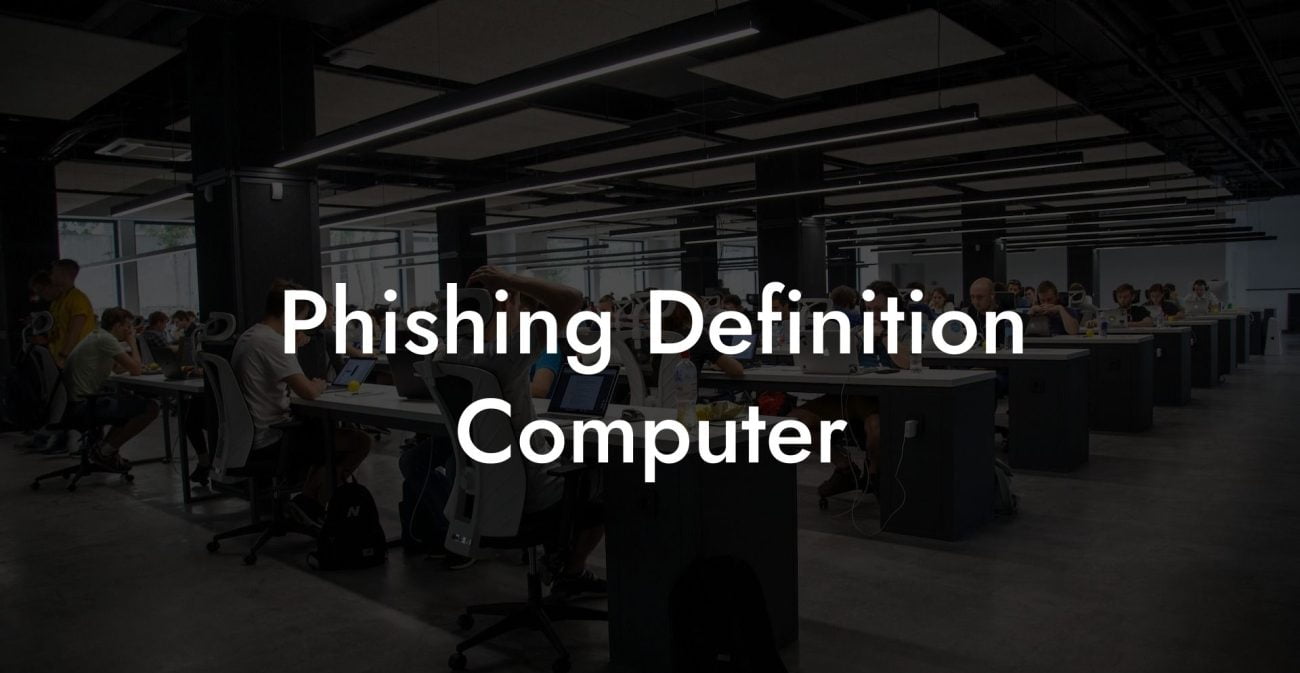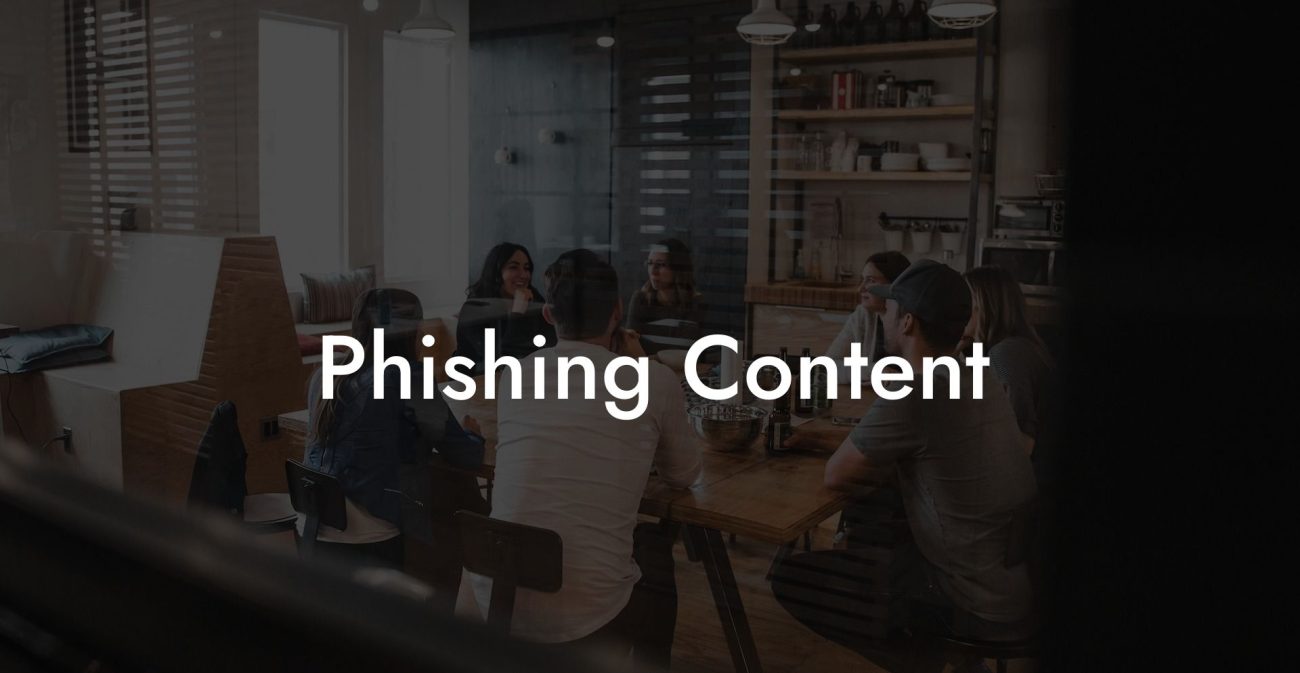Voice phishing, often referred to as vishing, is a type of scam where criminals use social engineering tactics to trick their victims into revealing sensitive information, such as bank account details or passwords. With the rapid increase in the number of these attacks, it has become essential for individuals to educate themselves on the tell-tale clues of a vishing scam to avoid falling prey to cybercriminals. In this comprehensive guide, we will look at the warning signs of a voice phishing attack, provide realistic examples, and discuss ways to safeguard yourself effectively.
Voice Phishing Attack Clues Table of Contents
The following are some common clues that may indicate a voice phishing attempt:
The following are some common clues that may indicate a voice phishing attempt:
1. Unsolicited Calls
One of the significant red flags of a vishing attack is receiving a call from an unknown number, claiming to be from a reputable organization, such as a bank or government agency. If you did not initiate a conversation or expect a call from the said organization, be cautious and verify the authenticity before providing any personal information.
2. Urgency
Protect Your Data Today With a Secure Password Manager. Our Top Password Managers:
Vishing scams often involve a sense of urgency to intimidate victims into making hasty decisions without properly evaluating the situation. The caller may insist on immediate action and threaten severe consequences if you do not comply, such as freezing your bank account or legal action.
3. Request for Sensitive Information
Cybercriminals behind voice phishing attacks are focused on extracting sensitive information from their victims. Be cautious when asked to disclose any personal or financial data over the phone. Legitimate organizations typically do not demand such information via phone calls, and they already have access to most of the required details.
4. Inconsistencies
Fraudulent callers might have some inconsistencies in their stories or have gaps in their knowledge. Be vigilant and look for discrepancies, such as an incorrect reference number, unfamiliar company name, or unusual background noises.
5. Call Spoofing
Scammers often use call spoofing techniques to manipulate the caller ID, making it appear that they are calling from a legitimate organization. While this can be incredibly deceptive, it is essential to remain cautious and not let your guard down.
Voice Phishing Attack Clues Example
Imagine receiving a call from a man claiming to be from your bank's fraud department, alerting you about suspicious transactions on your account. He stresses the importance of verifying your credentials to ensure that no further unauthorized transactions occur. The number displayed on your caller ID even matches your bank's official number, due to call spoofing.
In this situation, it is essential not to divulge any sensitive information to the caller. Instead, end the call and contact your bank through their verified customer service line to check the legitimacy of the caller and the claims made.
Voice phishing attacks can be highly convincing and manipulative, but staying aware of the common clues mentioned above can help safeguard your personal information and finances. If you ever find yourself in doubt, it is better to err on the side of caution and verify the situation through official channels.
Voice Phishing Attack Clues Frequently Asked Questions
What is a voice phishing attack?
A voice phishing attack, commonly termed "vishing," is a type of scam where fraudsters use phone calls to deceive people into providing personal, financial, or business-critical information. The scammer often poses as a legitimate organization or authority figure during the call.
How does voice phishing differ from email phishing?
While both are deceptive practices aiming to extract information, the medium is the primary difference. Voice phishing uses phone calls, while email phishing (or simply "phishing") relies on deceptive emails.
What are some common signs of a vishing call?
Common signs include:
- Unsolicited or unexpected calls.
- High pressure to act quickly.
- Requests for personal or financial details.
- Caller is vague about their identity or affiliation.
Why has voice phishing become more prevalent?
With increased awareness about email phishing, fraudsters are diversifying their tactics. Phone calls can sometimes seem more legitimate or urgent to unsuspecting individuals, making vishing a lucrative method for scammers.
Can caller ID be trusted to identify vishing attempts?
No, scammers can easily spoof caller ID to make it appear as if they're calling from a legitimate organization or known contact.
Are certain individuals or groups more targeted by vishers?
While anyone can be a target, elderly individuals, recent immigrants, or those unfamiliar with certain technologies might be more susceptible due to their trust in phone communication or lack of awareness about such scams.
What kind of information do vishers typically seek?
Vishers often seek personal details like Social Security numbers, bank account or credit card details, passwords, or business-specific information.
What should I do if I suspect I'm on a vishing call?
Remain calm, don't provide any personal details, and hang up. If you're concerned, contact the organization the caller claimed to represent directly using a verified number.
Are there legal consequences for vishing perpetrators?
Yes, vishing is illegal in many jurisdictions, and perpetrators, if caught, can face severe penalties, including imprisonment.
Can voice phishing attempts be recorded or traced?
While it's possible for law enforcement or cybersecurity experts to trace and record such calls, most individual users lack the means to do so.
How do vishers make their calls sound legitimate?
Vishers often use social engineering tactics, where they've researched their target or use generic information that sounds credible. They might reference recent transactions, current events, or use fear tactics related to account closures or legal actions.
Are businesses at risk of voice phishing attacks?
Absolutely. Vishers might target businesses to gain access to company funds, sensitive client data, or internal systems.
How can I educate my family or employees about vishing?
Regularly share information about the latest vishing tactics, encourage skepticism about unsolicited calls, and run periodic training sessions or drills.
How can I verify if a call from a bank or service provider is legitimate?
Always hang up and call back using the official number listed on the institution's website, the back of your bank card, or your service agreement. Legitimate entities will understand your caution.
How do voice phishing scams affect victims beyond financial loss?
Victims might face identity theft, compromised accounts, emotional distress, and a lasting sense of vulnerability.
What immediate steps should one take after falling for a vishing scam?
Contact your bank or relevant institution immediately to report the scam and secure accounts. Monitor your accounts for unusual activity and consider reporting the incident to local law enforcement.
Is there any technology available to detect vishing calls?
Certain phone carriers or third-party apps offer spam call detection. However, due to caller ID spoofing, no solution is 100% effective against vishing.
Can I report a suspected vishing call?
Yes, you can and should report it. Many countries have dedicated cybercrime units or consumer protection agencies where such incidents can be reported.
Are there specific times when vishing attacks are more common?
Vishing attacks can occur anytime. However, some scammers might opt for after-business hours, hoping to catch individuals off-guard at home.
How do vishing attacks compare in severity to other types of phishing?
All phishing attacks, including vishing, have the potential to be severely damaging. The severity often depends on the information the scammer obtains and how it's used.
Awareness is your most potent weapon against voice phishing. Regularly updating yourself on the evolving tactics of scammers and maintaining a healthy level of skepticism can go a long way in keeping your personal and financial information safe.
Now that you are equipped with the knowledge to identify a voice phishing attack, share this invaluable guide with friends and family to help protect them from falling victim to scams. Don't forget to explore other guides on Voice Phishing for more in-depth information about voice phishing and practical tips to stay safe in the digital world.
Protect Your Data Today With a Secure Password Manager. Our Top Password Managers:

